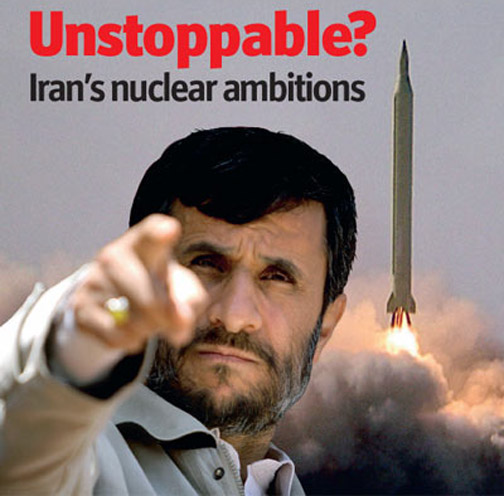He Kept Us Out of War
Posted on October 22, 2012

In the election of 1916, Woodrow Wilson’s brazen campaign promise was, “He kept us of war.” The war, of course, was conflict that engulfed Europe and would later be known as World War I.
In the election of 1940, under pressure from Wendell Wilkie, Franklin Roosevelt promised to “not send American boys into any foreign wars.”
The Republican platform leading up to the election of 1860 promised to not mess with slavery in the Southern states, in the vain hope that that promise would avoid a Civil War.
In 1964, Lyndon Johnson’s campaign produced a famous ad depicting a child picking a flower before a nuclear weapon exploded. The obvious implication: if you vote for Barry Goldwater, a nuclear conflict with the Russians was inevitable.
Richard Nixon had a secret plan to get us out of the Vietnam War, and he made damn sure that every voter knew about it.
Ike promised to get us out of the Korean War. Ronald Reagan promised peace through strength, not more war through strength. Even George W. Bush, when first elected, promised a more humble foreign policy without any unnecessary entanglements.
About the only successful candidate who promised to go to war was George Washington, and he had to win the war in order to create the office of President.
The point here is that most successful candidates for President didn’t promise to go to war. They promised to keep us out of war.
The American people, by and large, don’t like war. They don’t like the human toll caused by war’s carnage. They don’t like paying the extra taxes that usually accompany war (with the notable exception of the Iraq/Afghanistan conflicts). That is why they usually vote for the candidate that can plausibly make the case for peace.
But the voters aren’t stupid and they aren’t pacifists. They know it is a rough world out there, and they instinctively understand that pacifist candidates that promise to gut defense spending while they preach appeasement are not ultimately successful.
McGovern and Humphrey lost to Nixon, because they were too anti-war. Ike beat Stevenson because Stevenson was seen as weak and Ike was a war hero. Wilkie couldn’t overcome the isolationist wing of his own party. Wilson boxed Charles Evans Hughes in on the issue of war and peace by concluding a temporary agreement with the Germans to suspend their submarine campaign.
President Obama won against John McCain because he straddled the fence between aggression and appeasement. He promised to end the war in Iraq as he promised to win the war in Afghanistan. Iraq was extraordinarily unpopular, Afghanistan largely forgotten. Obama was able to mix strength with pacifism, and was able to confuse the issue for the voters.
As Mitt Romney and the President debate foreign policy tonight, the big question is what will happen with Iran. Will we help the Israelis bomb them and thereby get involved in a conflict with the Iranian regime or will we rely on more sanctions to convince the Iranians to drop their nuclear program?
The American people are war-weary. They don’t want us to get involved in a shooting war with Iran. But they also don’t want the Iranians to get the nuclear bomb.
The candidate who can best promise to achieve that impossible result (a nuclear-free Iran without a bloody war), with the greatest plausibility will win this debate tonight.
